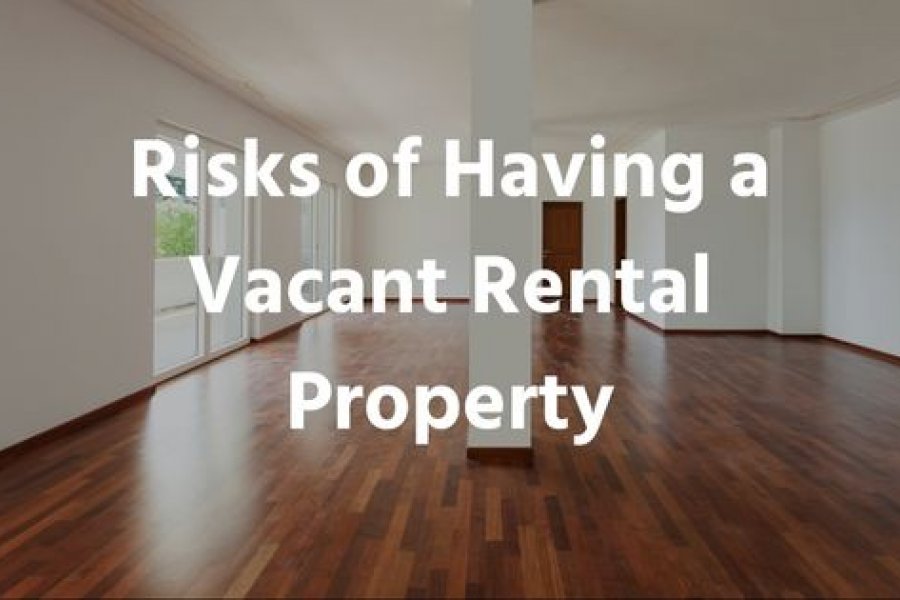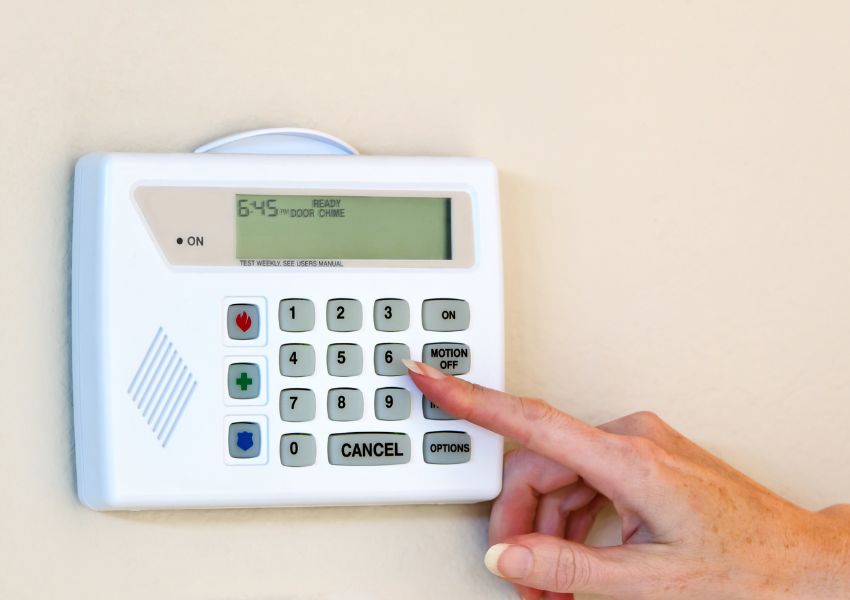
Having a vacation rental property can be stressful. Not only does it mean a loss of income, but it also opens up the possibility of various risks and challenges. From property damage to security concerns, a vacant property can quickly become a liability.
In this blog post, we at Schambs Property Management will take a closer look at some of the risks associated with having a vacant rental property and offer some tips on mitigating them. Consider the following risks:
Financial Risks
Vacant rental property results in a loss of income and can leave your property vulnerable to various risks and challenges. Here are some financial risks associated with a vacant rental property:
Loss of Rental Income
The most significant financial risk of having a vacant property is the loss of rental income. If you have a mortgage or other expenses associated with the property, this loss of income can be particularly problematic.
Increased Maintenance Costs
Small problems can quickly escalate into more significant issues without tenants monitoring things. For example, a leaky, unchecked pipe can lead to water damage and expensive repairs.
Property Damage And Vandalism
Whether it's broken windows, graffiti, or theft, an unoccupied property can be a tempting target. Even if your property is insured, the deductible and increased premiums can still be a significant financial burden.
Rental Scams
There's a chance that while marketing a vacant unit, it falls victim to a rental scam. This could ultimately damage your reputation as a landlord if not corrected quickly.
Legal Risks
Legal risks can be a significant concern for landlords. Here are some legal risks associated with a vacant rental property:

Liability for Injuries or Accidents on the Property
One of the most significant legal risks associated with a vacant rental property is the potential for injuries or accidents on the premises. Without tenants maintaining the property or reporting any hazards, a vacant property can’t remain safe.
Violation of Local Housing Codes and Regulations
The landlord may face fines or other legal consequences if a property does not comply with local codes or regulations.
To mitigate these legal risks, landlords should ensure their properties are up to code and comply with local regulations. Regular inspections can help identify potential hazards or code violations, and addressing them promptly can help avoid legal problems.
Unpaid Property Taxes and Fines
A vacant property can also be vulnerable to unpaid property taxes and fines. Property taxes are typically assessed based on the property's value, and if it’s vacant, it may be assessed at a lower value.
Marketing Risks
Marketing a vacant rental property can be a time-consuming process. Landlords may need to invest in advertising, signage, and online listings to attract potential tenants. Consider the following
Difficulty Finding Tenants
Finding suitable tenants can be challenging. Tenants may be looking for specific features, such as a particular location, amenities, or size, that the property doesn’t accommodate. Additionally, tenants may be hesitant to rent a property that has been vacant for an extended period.

Establish your target market and understand and wants and needs of a property. This will make it easier to market the unit and draw in prospects.
Decreased Property Value
The longer a property remains vacant, the more likely it will need maintenance. This can make it more challenging to sell the property in the future or attract new tenants. Make sure that any needed upgrades and renovations are carried out before marketing.
Security Risks
As a property owner, you must ensure your property and its occupants are safe. A lack of security measures can increase the likelihood of theft, burglary, squatting, and other unauthorized occupancies.
Additionally, security issues can negatively impact the well-being of the neighborhood. Here are some of the security risks to keep in mind:
Increased Risk Of Theft And Burglary
Vacant properties are often targeted by thieves and vandals who see them as easy targets. Property owners can reduce this risk by installing security systems, including motion-sensor lights, alarms, and CCTV cameras. Additionally, property owners can hire a security company to monitor the property.
Squatting and Unauthorized Occupancy
Vacant properties can attract individuals looking for a place to live; in some cases, these individuals may try to occupy the property illegally.
Property owners can mitigate this risk by ensuring the property is properly secured and monitored. Additionally, work with local law enforcement and legal professionals to remove unauthorized occupants and prevent squatting.

Neighborhood Safety Concerns
Empty buildings can attract unwanted attention and criminal activity, negatively impacting property values and creating an unsafe environment.
Property owners can mitigate this risk by maintaining the property and properly securing it. Additionally, property owners can work with local law enforcement and community organizations to address safety concerns.
Mitigating Risks
By implementing strategies to prevent prolonged vacancy, reduce financial risks, and increase property security, property owners can protect their investments. Here are some key ways property owners can mitigate these risks:
Prevent Prolonged Vacancy
Property owners can implement strategies to prevent prolonged vacancies, such as offering incentives to potential tenants, reducing rent, and investing in marketing efforts. Additionally, you can improve the property's condition, respond promptly to tenant complaints, and ensure that the property is well-managed.
Increase Property Security
Property owners can implement several strategies to increase property security, including installing security systems, using high-quality locks and deadbolts, and ensuring that the property is well-lit.
Reduce Financial Risks
To reduce financial risks, implement cost-saving measures, such as using energy-efficient appliances and utilities, and negotiate with lenders and tax authorities for lower rates. You can also consider alternative income sources, such as short-term rentals or partnering with local businesses to provide additional services.
Conclusion
Owning a vacation rental property can pose several risks, including financial loss, increased maintenance costs, and potential liability issues. To mitigate these risks, it’s crucial to have a solid plan in place for finding and keeping tenants.
Working with a professional property management company can also help ensure your rental property stays occupied and profitable. If you need help managing your rental property, contact Schambs Property Management today!